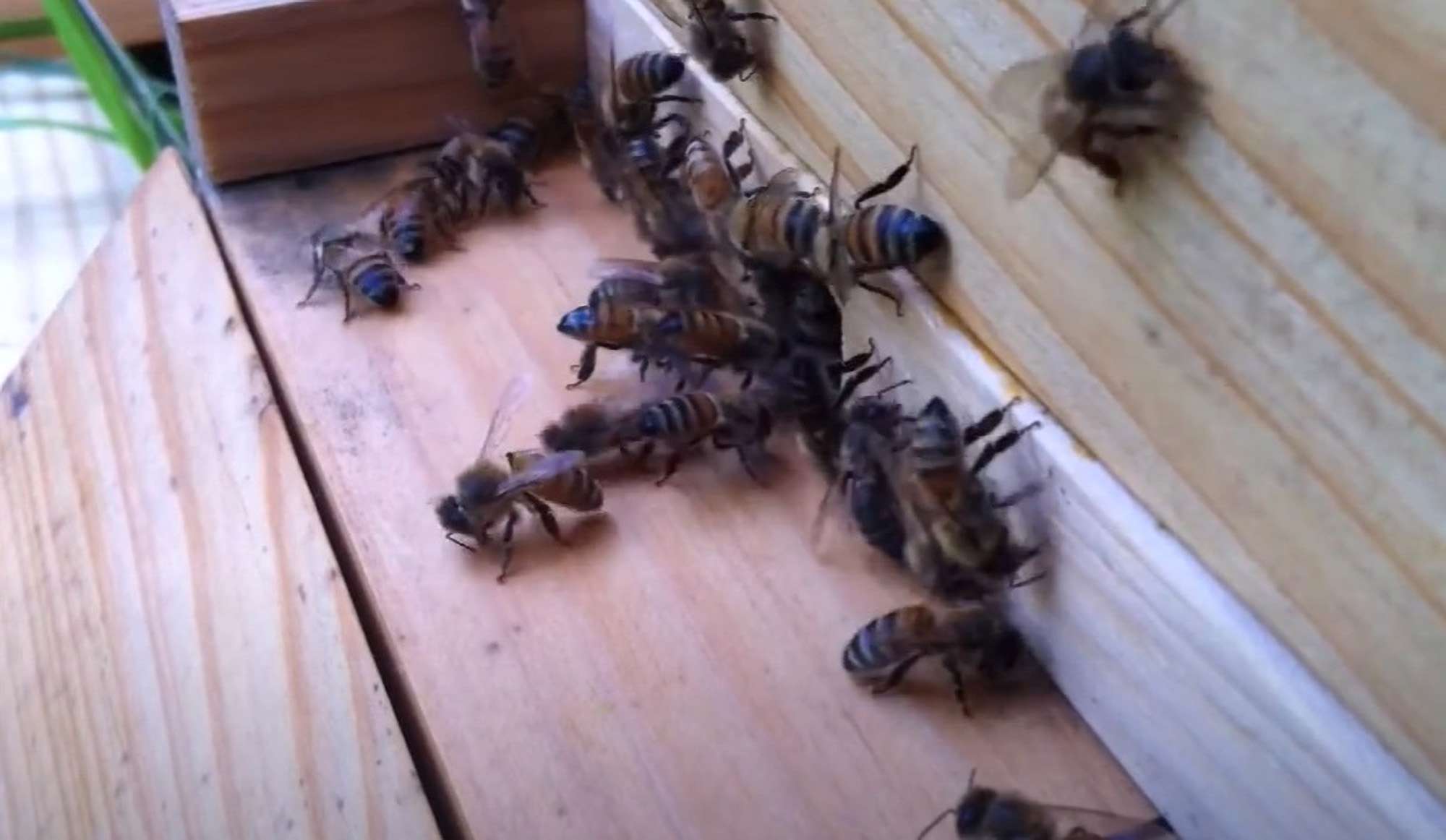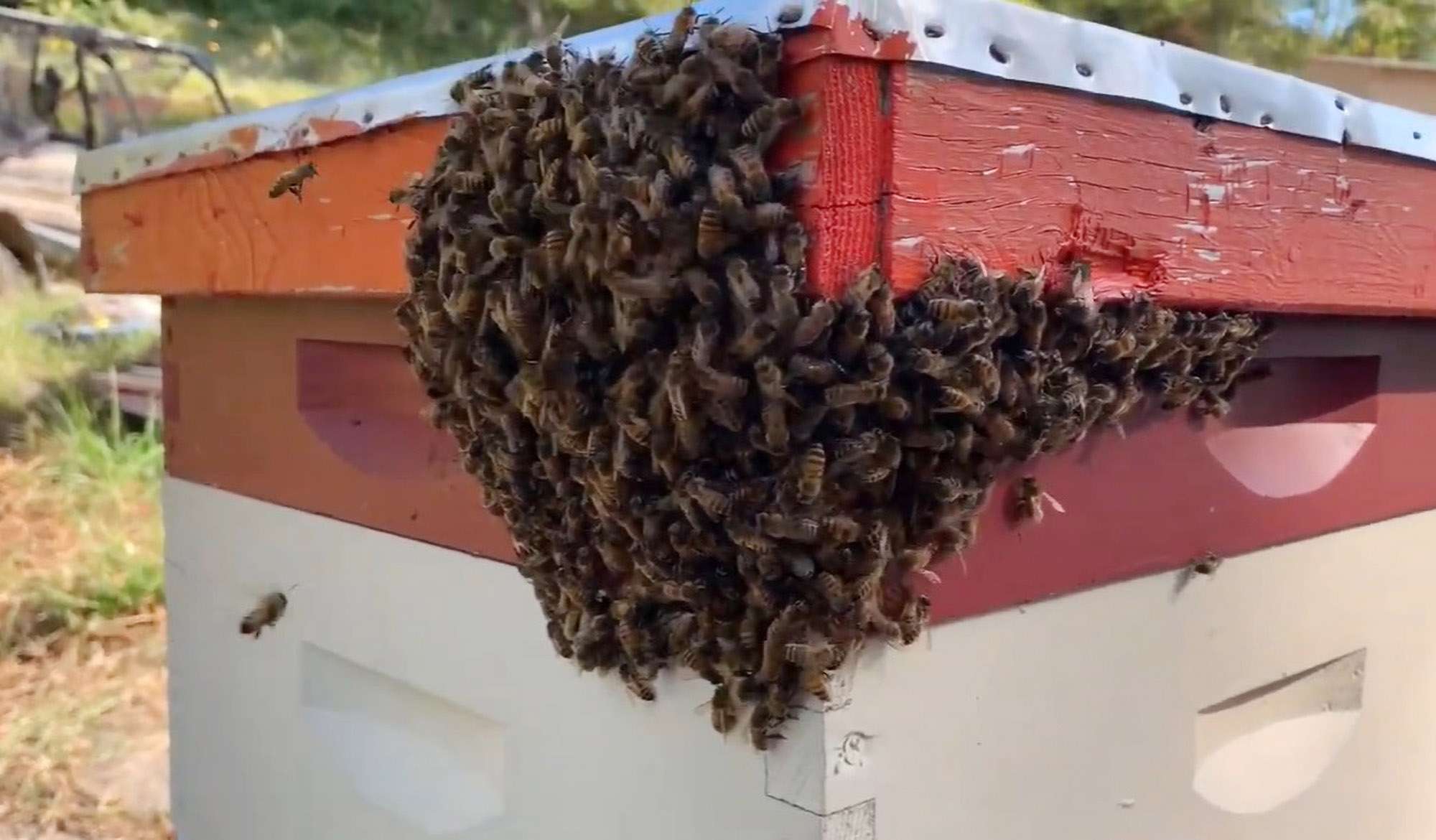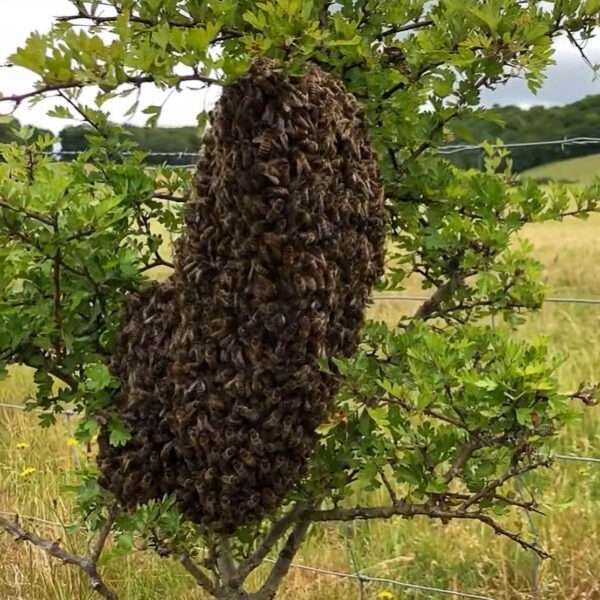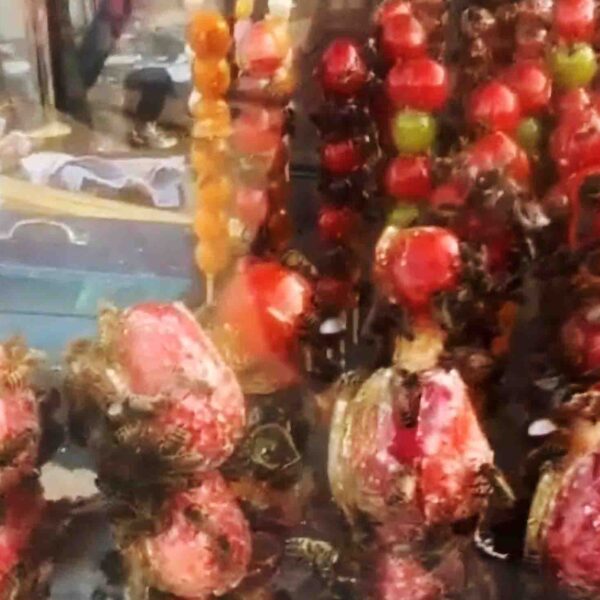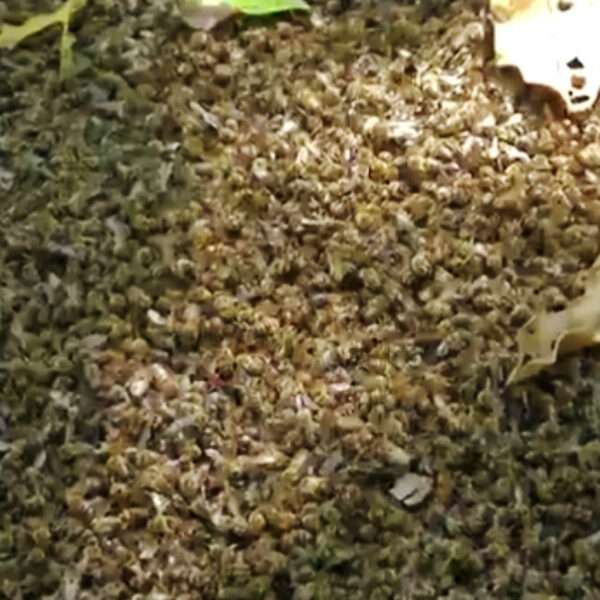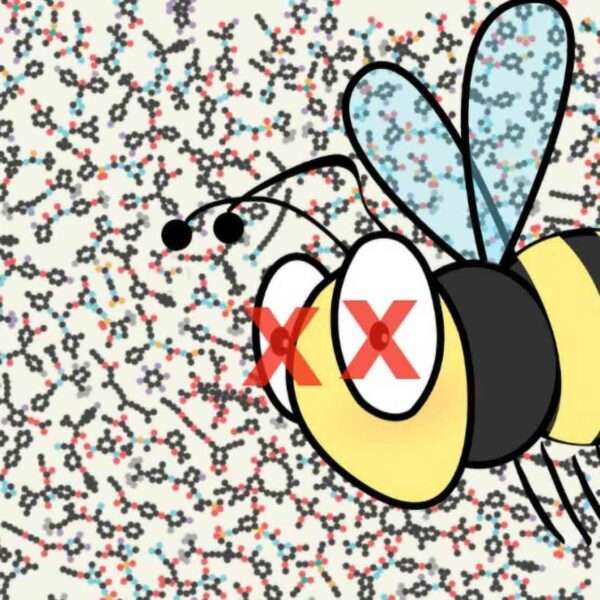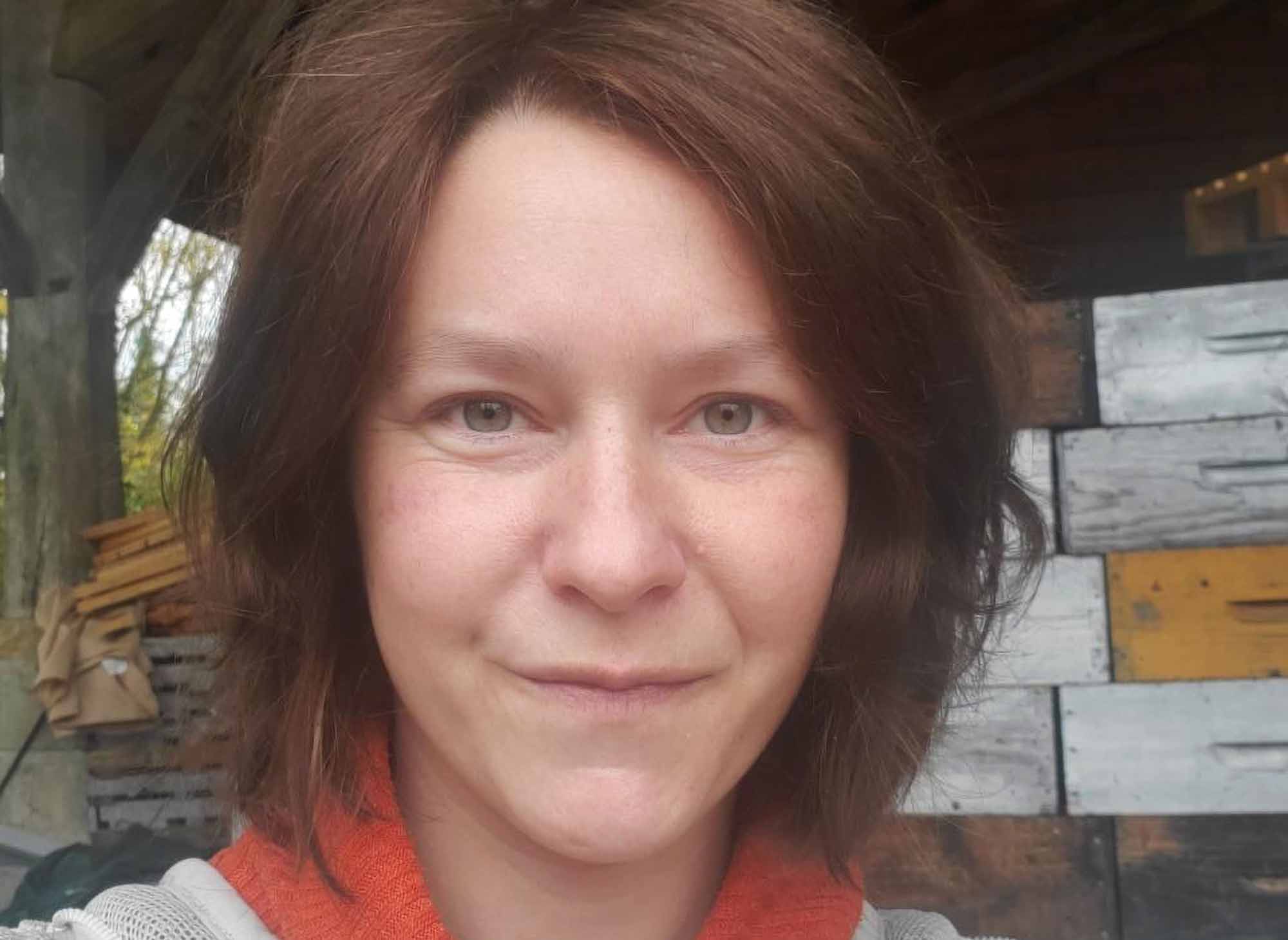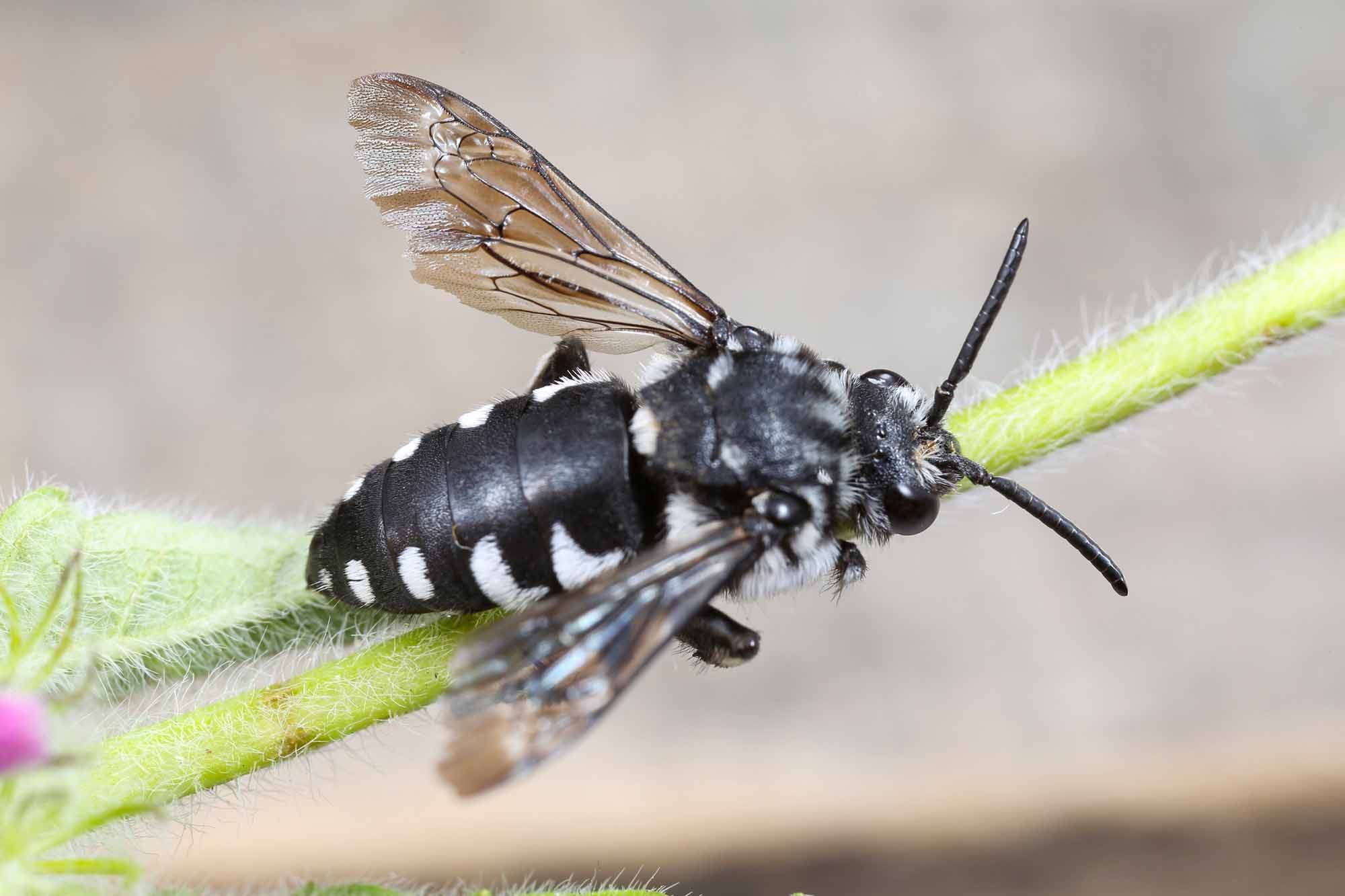A Canadian ecologist has called for a regulation of urban beekeeping due to the negative effects it can have on biodiversity.
A study by researchers from Concordia University in Montreal, Quebec revealed that the number of solitary bees was decreasing wherever there were many domesticated honeybees.
Pollination ecologist Gail MacInnis is the study’s lead author.
She warned: “We could start to lose species. We found fewer species where there were lots of honeybees.”
Gail told broadcaster CBC: “The biggest effect we found was on our small bee species.”
The scientist explained: “Honeybees have the ability to find food within a radius of two kilometres while smaller species of a size of less than 5 millimetres can maybe forage 100 to 200 metres. In our study, we found that they are at the most risk of decline.”
Asked whether the authorities now have to prohibit the management of honeybee colonies in cities, Gail said: “I don’t think we should stop it altogether. I don’t think it’s problematic to have one or two hives in an area. It’s on a scale we are allowing beekeeping in the city.”

But Gail emphasised things could not stay the same.
The Concordia University ecologist told CBC: “We really have to start regulating this and registering our hives. Knowing where they would mean we can put the cap on the number of urban beekeeping operations before they cause problems.”
Speaking about other actions that are beneficial to local ecosystems, Gail explained: “We need to plant more flowers, especially native plant species if we are trying to support bees as this is their food.”
Gail said the research she and her colleagues had carried out confirmed that “having honeybees in Montreal is starting to have an effect on native species.”
She told CBC: “We were looking at some of these high-density pockets of honeybees in Montreal and how they affect the ability of native species to find food and survive.”
According to Gail, recent developments are making it difficult for the numerous solitary pollinator species to start well into spring.
She said: “Early into the season, there aren’t many flowers around for bees in general. Having so many honeybees taking all the resources doesn’t leave much left for wild pollinators.”
Gail confirmed that the current situation could be described as competitive circumstances.
She revealed: “We have such a high diversity in wild bees even in Montreal, it’s surprising. In 2020, a study found 177 species, ours found 120.”
The expert on native bees and pollination added: “Honeybees are just one of these species. But all of these species need the same food. They need pollen and nectar.”
Reflecting on developments in the past few years, Gail said: “There has been an explosion of urban beekeeping and honeybees in the city while there hasn’t been an explosion in flower-planting.”
The ecologist added: “Honeybees communicate with each other. They tell each other when they found a really great patch of flowers. Wild bees don’t have that advantage.”
Statistics Canada reports that there were more than 783,000 honeybee colonies in the country in 2021. Ten years earlier, the agency registered fewer than 562,000.
In 2011, there were just 3,300 apiculture businesses and honey farms in Canada. Ten years later, there were almost 4,900.
Canada has around 38 million inhabitants.
Wild bees – or solitary bees – do not produce honey. However, they play a crucial role when it comes to securing healthy ecosystems.


